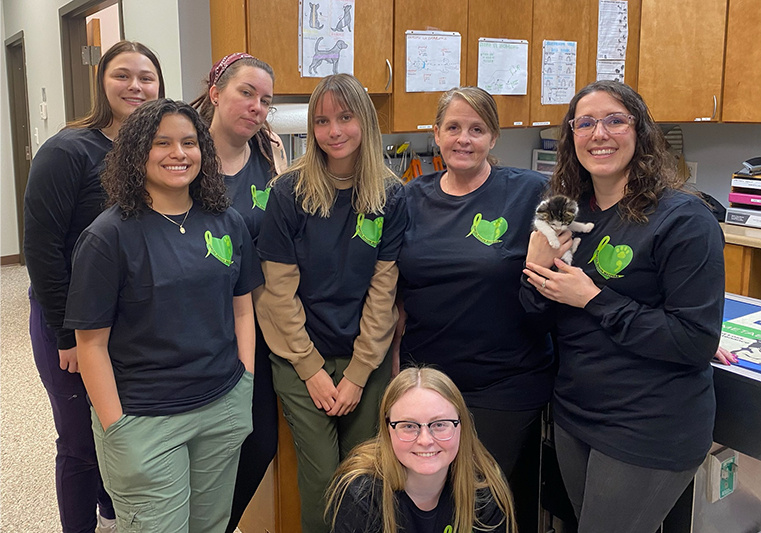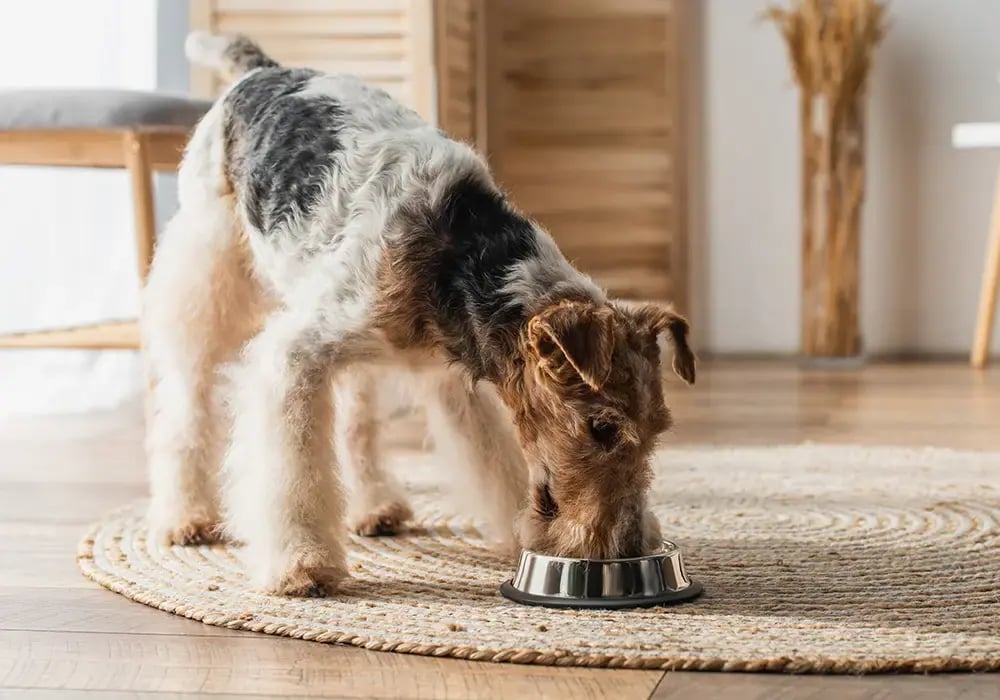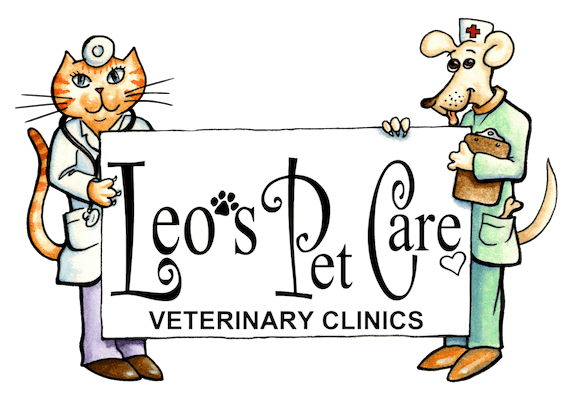
The Importance of Tailored Nutrition Plans for Dogs
Every dog is unique, and a tailored nutrition plan ensures your pet gets the right balance of nutrients to meet their specific needs. For many dogs, a personalized diet sets the foundation for a long and happy life.
Tailored nutrition plans offer the following benefits:
- Supports overall health and energy levels
- Promotes a shiny coat and healthy skin
- Helps maintain an ideal weight
- Strengthens the immune system
- Aids in managing specific health conditions
- Enhances digestion and nutrient absorption
- Improves quality of life and longevity
Specialized Nutritional Support for Medical Conditions
For some dogs, a carefully designed nutrition plan can help manage dangerous health conditions. The right diet can significantly reduce the toll these conditions take on your pet’s quality of life, supporting their overall health and making day-to-day life more comfortable.
Common conditions that benefit from a specialized diet:
- Obesity
- Diabetes
- Kidney disease
- Food allergies or sensitivities
- Gastrointestinal issues
- Heart disease
- Arthritis or joint problems
Contact Us

Weight Management Nutrition Consultations
During a weight management nutrition consultation, one of our vets will assess your dog’s overall health, including their weight, body condition, and lifestyle. We will perform a physical examination and may use tools like a body condition score chart to determine whether your dog is underweight, overweight, or at an ideal weight. The vet might also check for underlying health conditions that could impact your dog’s weight, such as thyroid issues or joint problems.
To prepare for the consultation, be prepared with information about your dog’s current diet, including the type and amount of food and treats, feeding schedule, and activity level. This helps the vet create a personalized nutrition and exercise plan tailored to your dog’s needs. Be ready to discuss your goals for your pet’s weight and overall health so the vet can guide you effectively.

Senior Dog Care Nutrition Counseling
During a nutrition consultation for senior dogs, the vet evaluates your dog’s overall health, dietary habits, and age-related changes. They may check for common issues in aging pets, such as reduced metabolism, arthritis, or dental problems, and assess your dog’s weight, muscle mass, and body condition. Bloodwork or other diagnostic tests may be recommended to check for underlying health conditions like kidney disease or diabetes that can influence dietary needs.
When searching for good quality food for your senior dog, look for a lower calorie content food so you do not have to adjust the quantity of food that you give them. The next thing to look for is a senior balance mix of fat, protein, phosphorus, and sodium.
As dogs age, their nutritional needs often change to support joint health, maintain a healthy weight, and address age-related conditions. These consultations are essential to ensure your senior dog is getting the right balance of nutrients to stay active, comfortable, and healthy in their golden years. With expert guidance, you can help your aging pet thrive and enjoy a higher quality of life.
Our Comprehensive Pet Nutrition Services in Carmel, IN
At Leo’s Pet Care, we offer a range of tailored nutrition services, including:
- Weight management consultations
- Nutrition counseling for senior dogs
- Specialized diets for managing chronic conditions (e.g., diabetes, kidney disease, or allergies)
- Guidance on selecting high-quality pet food and treats
- Customized meal plans based on life stage and activity level
- Support for gastrointestinal or digestive issues
- Recommendations for prescription diets from trusted brands like Hills Pet Nutrition
We believe that informed choices lead to healthier pets. If you are shopping for a high-quality dog food on your own, be sure to consider the following factors:
- AAFCO Nutritional Adequacy Statement: A key part of a dog food label is The Association of American Feed Control Officials (AAFCO) nutritional adequacy statement. This statement indicates that the food meets minimum standards for nutritional value.
- Life Stage: Choose dog food based on their life stage – maintenance for adults, and growth and reproduction for puppies and kittens. Foods must meet and disclose nutrient profiles according to AAFCO. However, there is no defined profile for the senior/geriatric life stage.
- Calorie Content: Opt for pet foods that include calorie content on the packaging. Knowing the calorie content helps prevent over-feeding, which can lead to obesity and other health issues.
- Ingredients: While ingredient lists are important, they may not provide a complete picture of nutritional value. Focus on selecting foods that cater to your dog’s specific needs unless they have known allergies or reactions to certain ingredients.
- Special Labels: Be cautious of labels such as “low fat,” “weight control,” or “less active,” as these terms may not be regulated, and there’s no limit on fat or calorie content. Additionally, terms like “natural” and “organic” can vary in meaning and regulation.
If you have any questions or require guidance in selecting the right food for your dog, feel free to reach out to our experienced veterinary team for assistance.
Contact Us
Frequently Asked Questions
Can I Feed My Dog Human Food?
While dogs don’t need human food, many of us end up sharing small bites anyway. Some safe options in moderation include carrots, apples, bananas, and broccoli, but treats should never replace their main diet. Avoid toxic foods like raisins, onions, garlic, chocolate, and high-fat or sugary foods. If you’re unsure about a specific food, check our website or give us a call—we know those puppy dog eyes can be hard to resist!
How Do I Know If The Food I'm Giving My Dog Is Making Them Sick?
The obvious signs right off the bat are if you’re noticing vomiting, diarrhea, lethargy, and/or just generally not acting themselves. Those would be the easily identifiable symptoms that you would notice if your pet isn’t handling the food that you’re feeding them correctly.
Can Changing My Dog's Diet Suddenly Cause Harm?
There are plenty of dogs that handle transition just fine. However, we see an equal amount of dogs where, if you make the slightest change to their diet, you are going to upset their GI system terribly. For some pets, its best to find a diet and balance that works and sticking with it. I know as humans, we want to add that variety and share what we’re eating with them, but if it’s not good for your dog and/or it’s not healthy or a good option for any dog, it is best just to take the higher ground and not do it.
How Does An Elimination Diet Work?
An elimination diet is generally a prescription diet that is a strict diet focused on taking out all of the high allergic triggers. These diets need to be followed to the T of veterinarian recommendations, making sure they’re not getting any other outside food sources into their system. This will allow us to monitor to see if any of the previously ill symptoms we were looking to get rid of start going away once they are on the elimination diet. From there, your veterinarian may decide to gradually introduce other foods to see which triggers those allergic responses again so we can take that out of the equation, or we have some pets that just right off the bat do so well that they stay on that allergenic specific diet.
How Do I Know If My Dog Has Eaten Something Toxic To Them?
The obvious symptoms you’ll look for are drooling, foaming, stumbling, lethargy, usually hanging their head down low, tucked tail, vomiting, and diarrhea. These are all signs that something good is not happening, so if you suspect in the slightest that your dog might have gotten into something poisonous, whether it be food, a chemical, or a substance, call your local emergency clinic, the poison helpline, or any of these options right away.
Is Wet Food More Nutritious Than Dry Dog Food?
Not necessarily. If you are choosing a food that is AAFCO certified and assured as a balanced diet, it doesn’t matter if you feed wet or dry food. They’re going to have the same nutritional value. The difference lies in preference and/or medical conditions that might contribute to choosing one or the other.
Schedule a Nutrition Consultation for Your Dog

%20(1)b%20(1)%20(1).png)